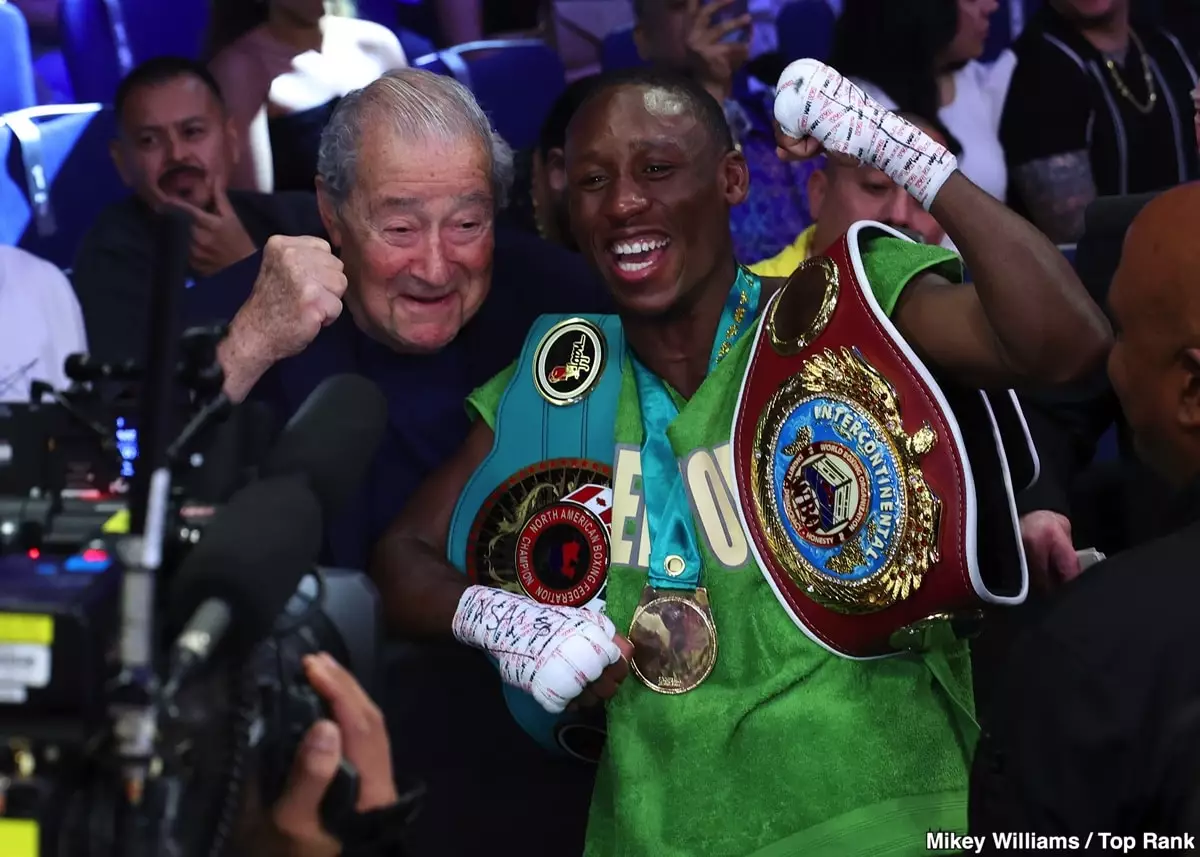In the world of boxing, titles often serve as symbols of dominance, but too frequently, they become shields shielding champions from true challenge. Nick Ball’s recent defenses exemplify this phenomenon. Instead of defending his featherweight belt against legitimate contenders within the division, he has opted for easier pickings—matching up with aging fighters like Ronny Rios and TJ Doheny. Such choices undermine the very essence of competitive spirit and dilute the prestige of holding a world championship. It’s not merely about defending a title; it’s about fighting the best and earning that recognition through undeniable skill and courage, not through strategic evasion.
The Disappointing Strategy of Avoidance
Bruce Carrington’s candid critique highlights a broader systemic issue: the reluctance of reigning champions to face worthy adversaries. Carrington, a rising talent, openly criticizes Nick Ball for rejecting an earnest offer—one he claims was genuinely intended and agreed upon by both sides—only to switch gears and face Sam Goodman, a fighter in a lower weight class. This move suggests a prioritization of convenience over legacy. Instead of confronting defined threats within the division, champions are increasingly choosing opponents who pose less risk, thus prolonging their reign without truly cementing their greatness. This pattern is destructive; it not only hampers competitive integrity but also frustrates fans eager to witness authentic battles.
The Power Dynamics Behind the Scenes
One cannot ignore the influence of promotional strategies, sanctioning bodies, and managerial tactics that often facilitate this strategic avoidance. The reluctance of Nick Ball’s team to commit to a fight with Carrington reveals a deeper reluctance to face genuine competition. If a true challenge arises—say, if the WBA orders such a fight—there’s a realistic chance that the champion might vacate his belt rather than risk losing it inside the ring. This stance devalues the title and portrays the sport more as a game of survival within contractual and promotional constraints than a quest for true mastery.
The Fans and the Future of the Sport
Fans deserve fighters who are committed to testing their limits, not those who prefer to conserve their records and statuses through minimal risk. Carrington’s frustration isn’t just personal; it’s emblematic of a larger issue where the scarcity of meaningful matchups diminishes the sport’s overall credibility. If champions continue to cherry-pick opponents from the sidelines, boxing risks losing its reputation as a brutal, honest sport where greatness is earned through perseverance and prowess. To restore the integrity of boxing, there must be a shift towards fostering a culture that prizes authentic competition over strategic avoidance—a culture where the title is earned and defended on merit, not convenience.


Leave a Reply